3 Research-Backed Tips for Teaching Forgiveness to Children
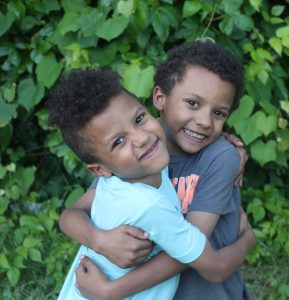 Forgiving and moving on is just as important in repairing a relationship as apologizing and making up for a mistake. As adults, we know the importance of forgiveness in our relationships, but what about for our children? How do they learn to forgive others and move on? And is there anything we can do to teach them to be more forgiving? Read more ›
Forgiving and moving on is just as important in repairing a relationship as apologizing and making up for a mistake. As adults, we know the importance of forgiveness in our relationships, but what about for our children? How do they learn to forgive others and move on? And is there anything we can do to teach them to be more forgiving? Read more ›
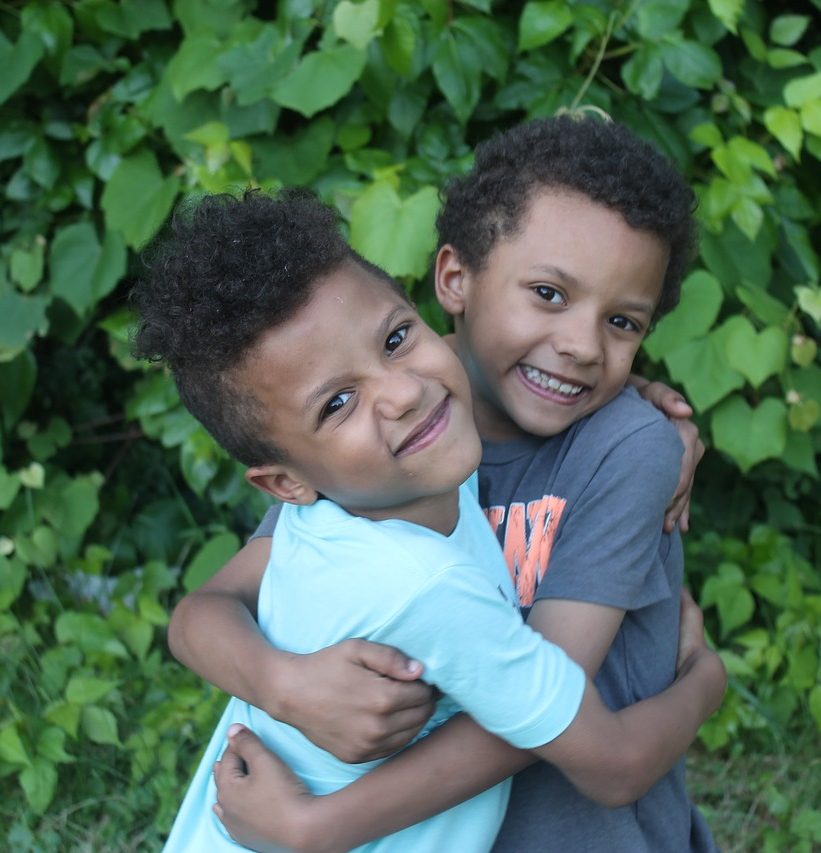

 Parenting a child with attention-deficit/hyperactivity disorder (ADHD) can be rewarding and challenging.
Parenting a child with attention-deficit/hyperactivity disorder (ADHD) can be rewarding and challenging. 

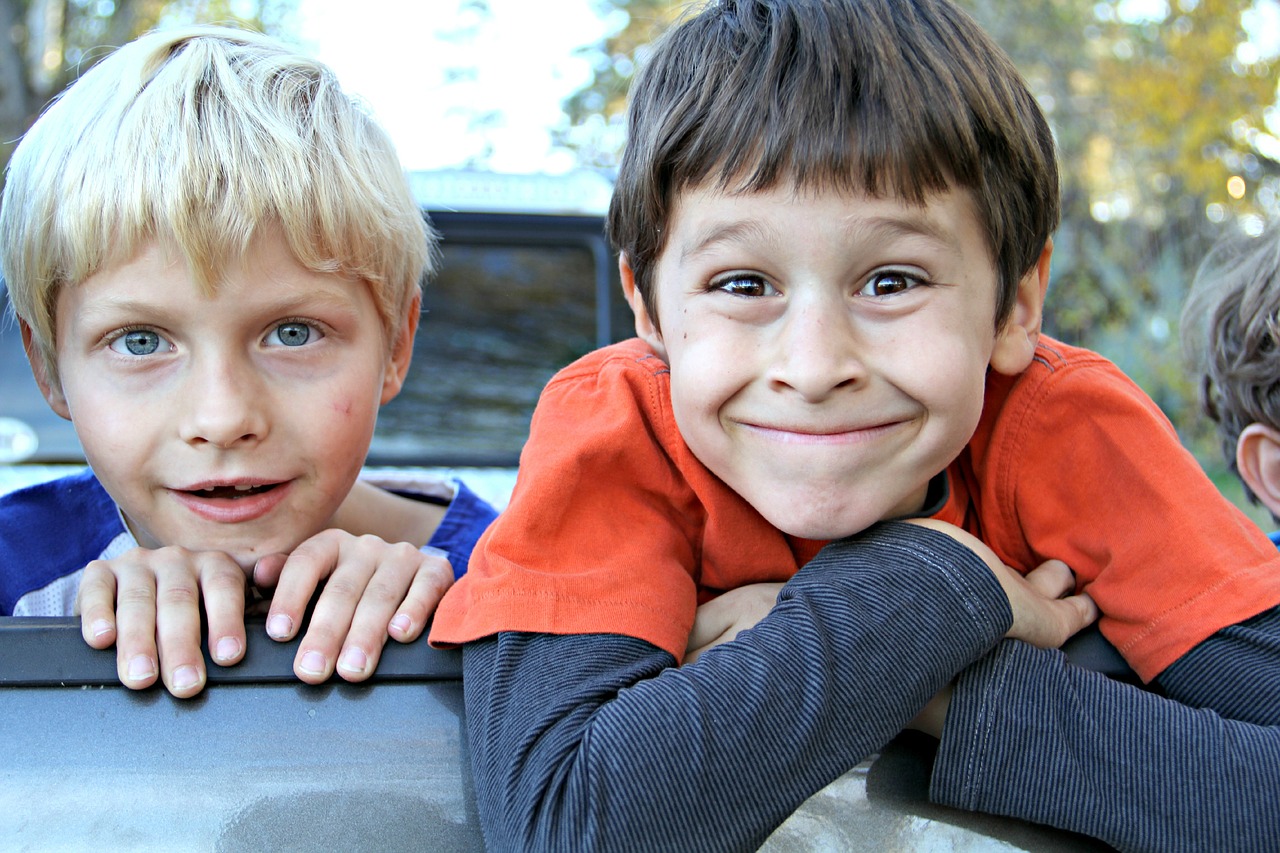
 Children with ADHD also may struggle with low self-esteem, school anxiety, troubled relationships and poor performance in school. Symptoms sometimes lessen with age. However, some people never completely outgrow their ADHD symptoms. However, they can learn strategies to be successful.
Children with ADHD also may struggle with low self-esteem, school anxiety, troubled relationships and poor performance in school. Symptoms sometimes lessen with age. However, some people never completely outgrow their ADHD symptoms. However, they can learn strategies to be successful. 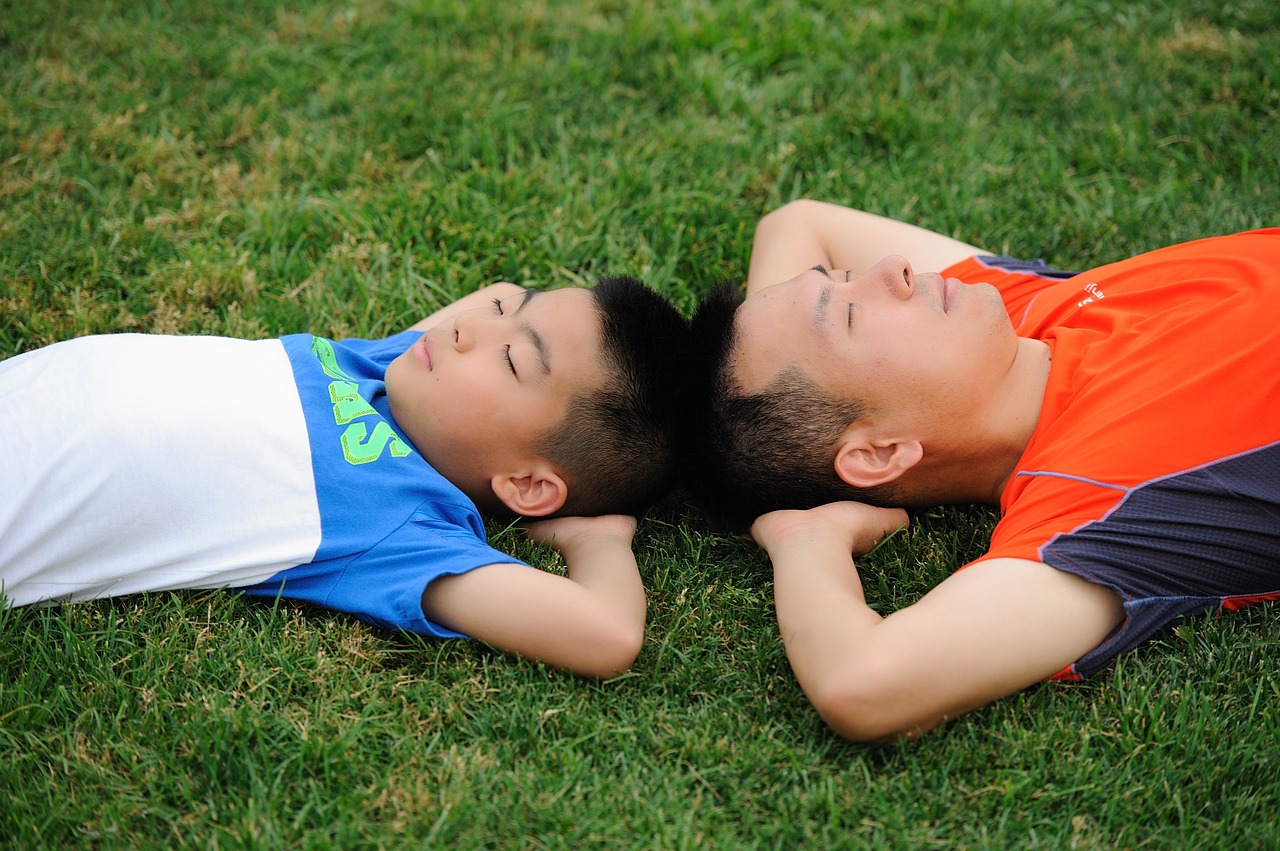
 The world can be a scary place for all of us, but especially children. As adults, we can choose to avoid or limit our social media and news coverage. But children often get exposed to violence, or news of violence, without warning.
The world can be a scary place for all of us, but especially children. As adults, we can choose to avoid or limit our social media and news coverage. But children often get exposed to violence, or news of violence, without warning. 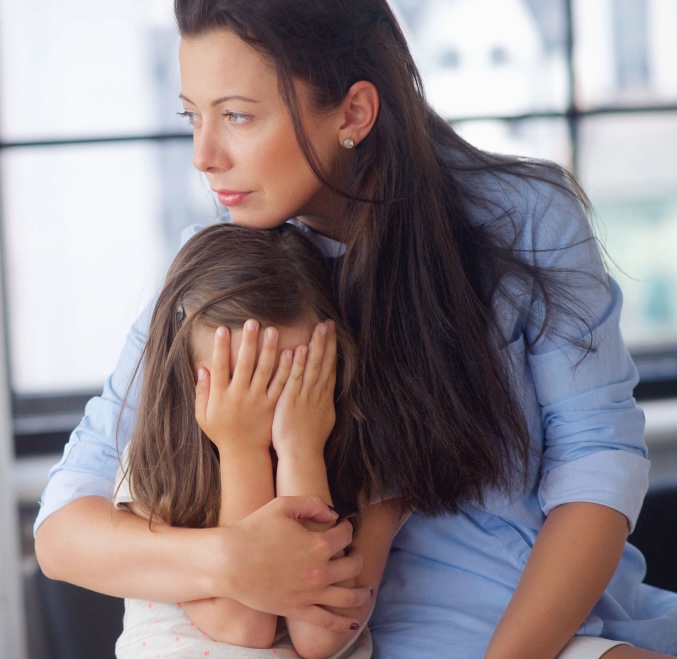
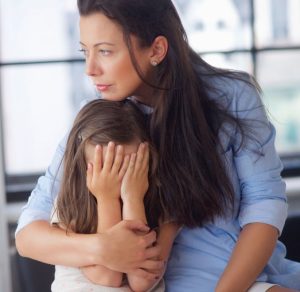 When conflict or war makes the headlines, it can cause feelings such as fear, sadness, anger and anxiety wherever you live. Here are some tips on how to approach the conversation with your child and to provide them with support and comfort.
When conflict or war makes the headlines, it can cause feelings such as fear, sadness, anger and anxiety wherever you live. Here are some tips on how to approach the conversation with your child and to provide them with support and comfort. 
 Building a sophisticated emotions vocabulary helps children identify and communicate different types of feelings, which in turn helps them manage emotions in productive ways, instead of hitting, acting out, or withdrawing.
Building a sophisticated emotions vocabulary helps children identify and communicate different types of feelings, which in turn helps them manage emotions in productive ways, instead of hitting, acting out, or withdrawing. 
 Finding effective ways to help your child cope with big emotions has never been more important—or difficult! Here are some suggestions for what to do when your kids or teenagers express big feelings, like sadness, anger, and anxiety.
Finding effective ways to help your child cope with big emotions has never been more important—or difficult! Here are some suggestions for what to do when your kids or teenagers express big feelings, like sadness, anger, and anxiety. 
 At any age, crying is a normal response to being overwhelmed by strong feelings, like anger, fear, stress, or even happiness. Some children, however, cry more than others. Those same children may get angry more often, feel frustrated faster, and get overly excited compared to their peers too.
At any age, crying is a normal response to being overwhelmed by strong feelings, like anger, fear, stress, or even happiness. Some children, however, cry more than others. Those same children may get angry more often, feel frustrated faster, and get overly excited compared to their peers too. 
 It is possible to build family strengths even while living under stressful conditions or during difficult times. The following are tips for fostering resilience — putting energy into even one of these activities each day can help you and your child.
It is possible to build family strengths even while living under stressful conditions or during difficult times. The following are tips for fostering resilience — putting energy into even one of these activities each day can help you and your child. 

